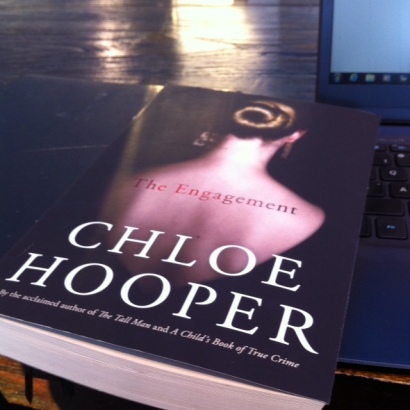Having asked the question about how to progress my writing of book reviews for the Australian Women Writer’s Challenge 2012, here are a few gems on writing book reviews, with suggestions on techniques including what to do if you don’t actually like the book (always awkward):
As if immediately answering my question, Annabel Smith pops up on the AWW blog with a post on ‘What makes a good book review?’ I suppose with over 1000 reviews now under its belt, this question was bound to arise in the context of the Australian Women Writers’ Challenge. Annabel’s advice includes remembering that a review is an evaluation not a summary, it’s personal, and however you feel about the book, your argument should be supported by evidence. She includes some great questions to inspire your writing of reviews or just to keep your review on track.
In ‘Ten ways to write a book review and what to do when the book sucks’, Emlyn Chand provides some tips on traversing this genre. She is not afraid of a synopsis, as long as it doesn’t give things away. Most importantly for me, Emlyn talks about hitting your stride and finding your uniqueness with reviewing. I think this is what I was alluding to in my last post: trying to find a unique path between literary criticism and other genres in reviewing. Perhaps it’s not another genre; just a matter of being yourself and finding your place and voice. Perhaps, as with most things, it’s about practice
What to do if you don’t like the book? Emlyn touches on it; in ‘How to write a good bad book review‘, Tori rips right into what to do if you don’t really like the book you are reviewing. There are lots of excellent practical suggestions for managing this situation including: being specific (similar to being evidence based); keeping it ‘between the pages’ and not being personal about the author; and writing in such a way, that however you feel, you know you can ‘own it’ ie the review and any response.
So some valuable tips and taking my own advice, it’s about practise, and a practice I’d best get on to instead of putting it off. I promise: the book reviews are coming soon!
PS Absolutely loving ‘The Engagement’ by Australian writer, Chloe Hooper – thrilling read!



